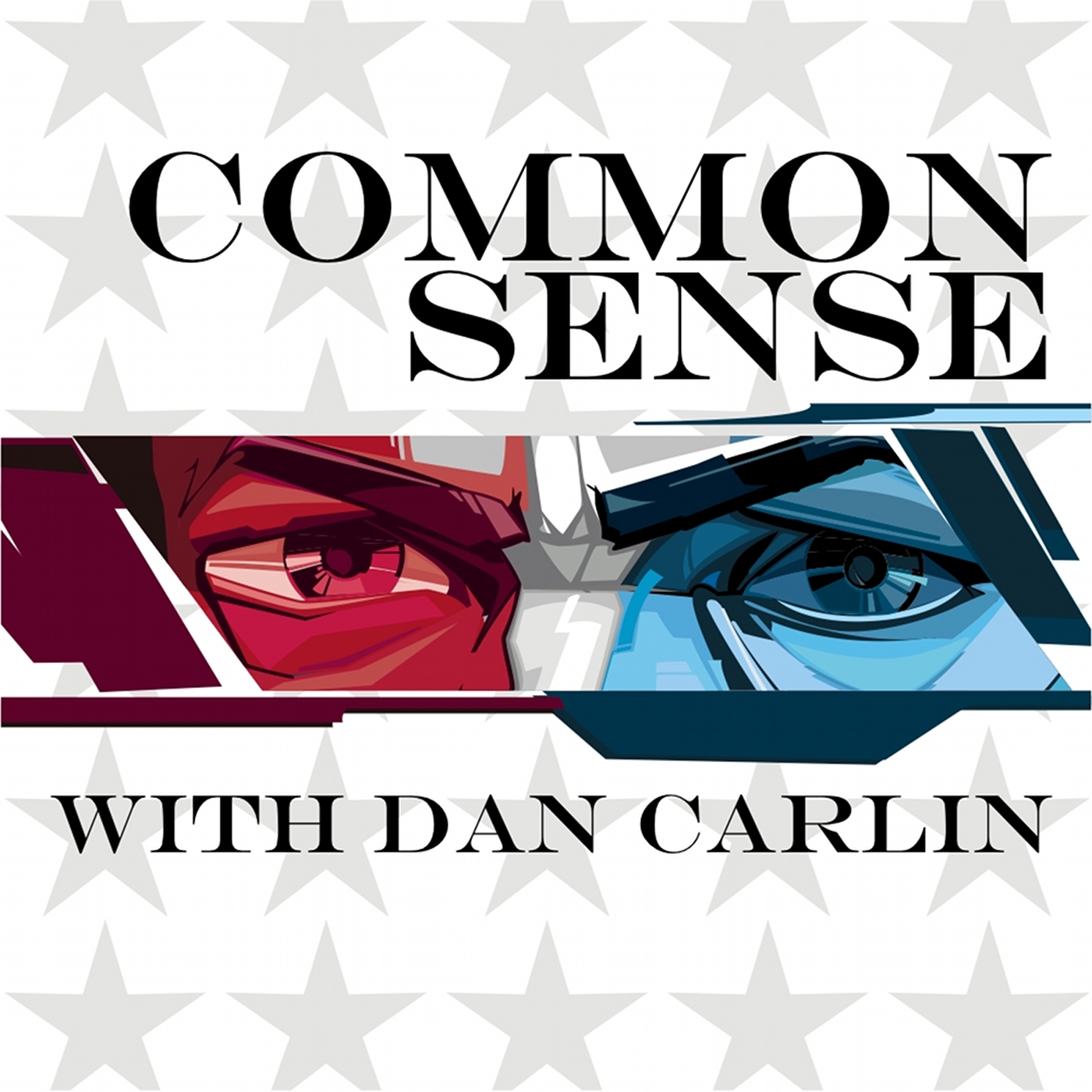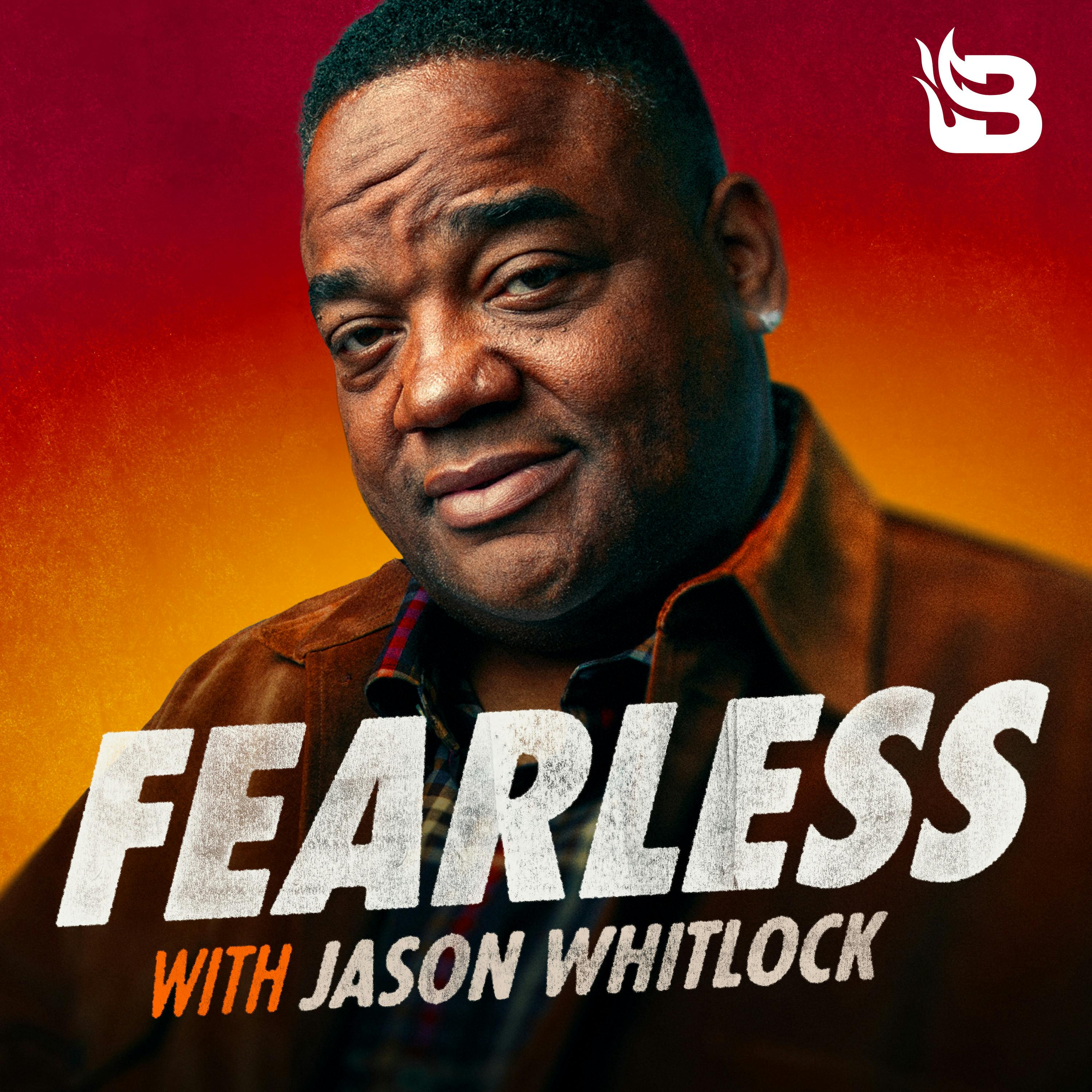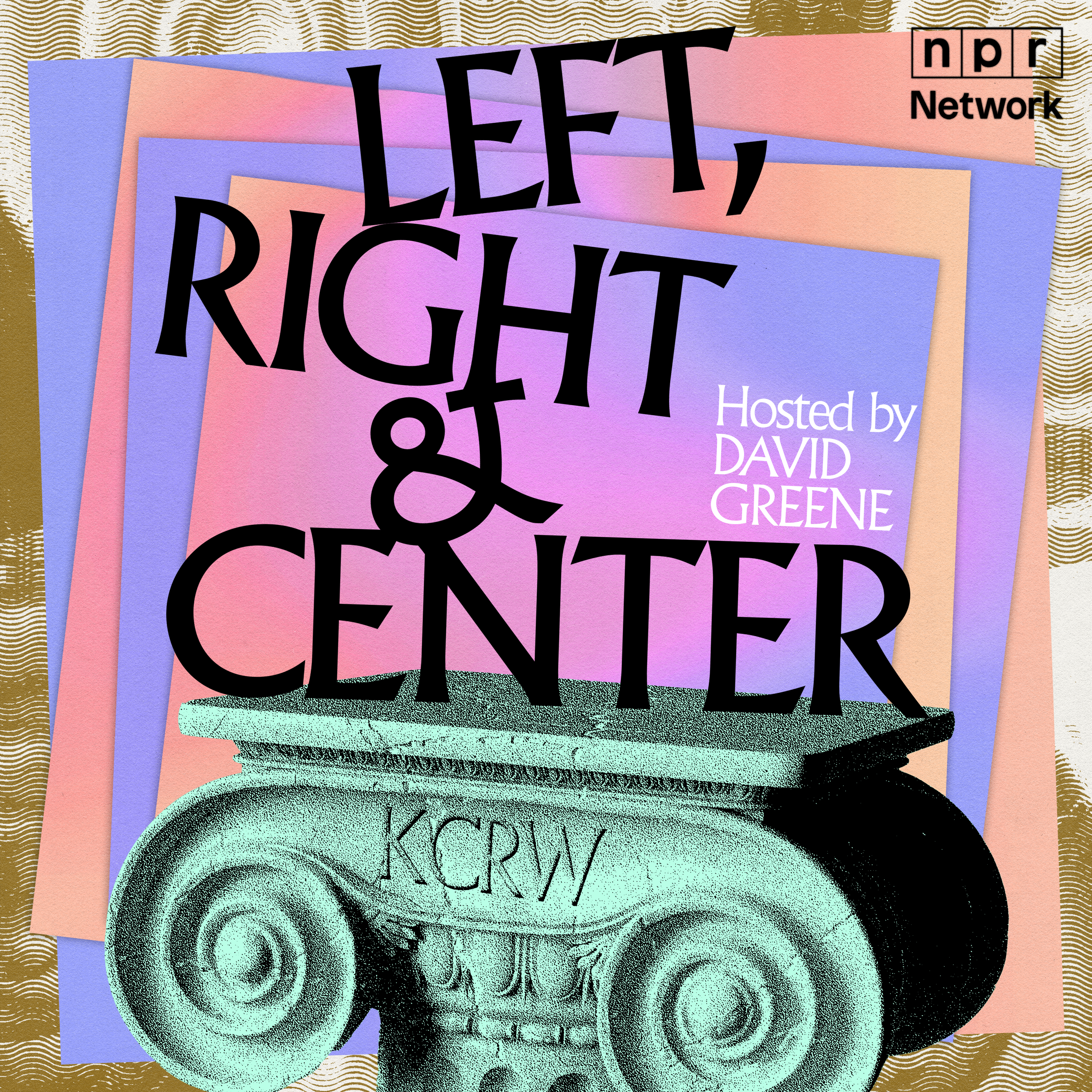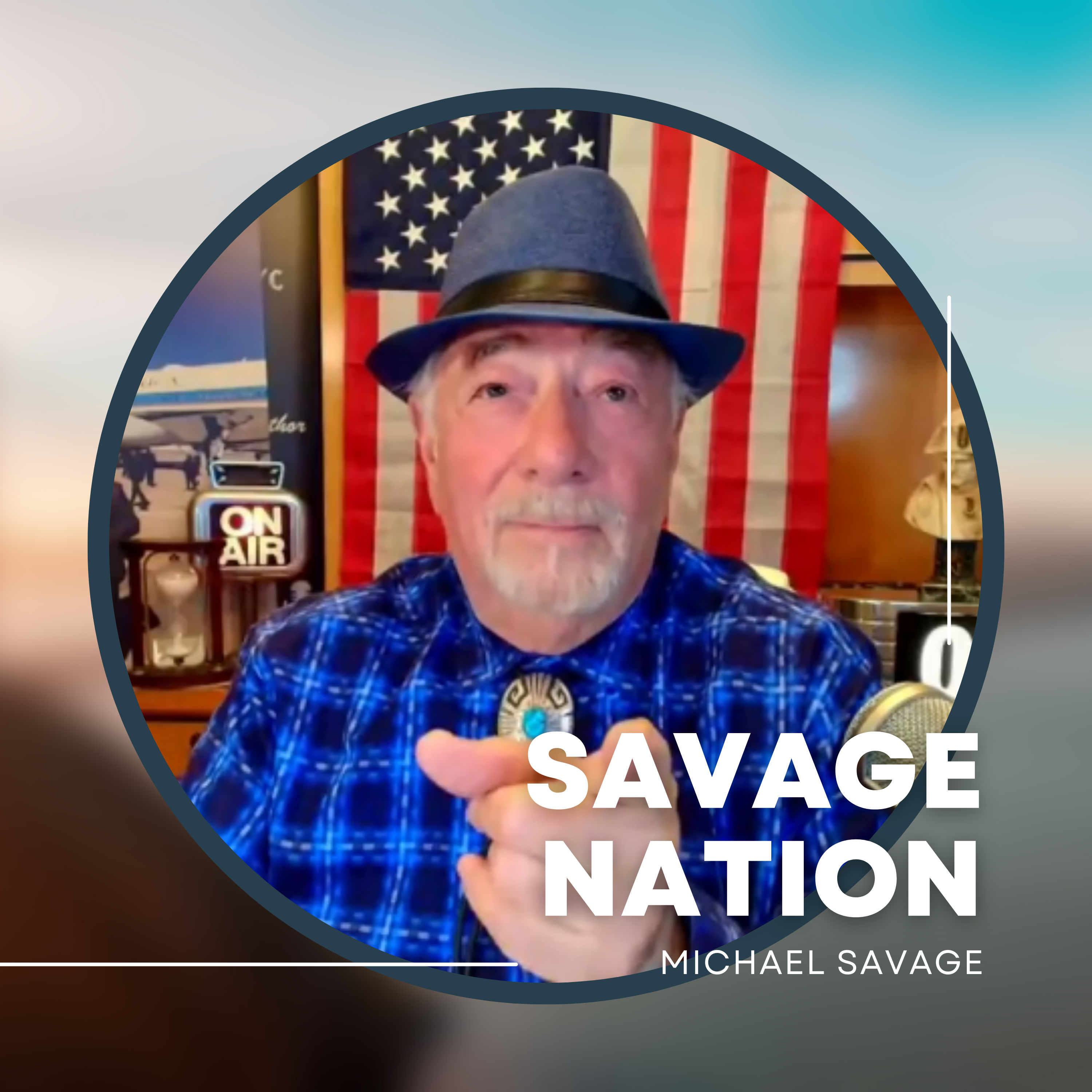
A Think First Podcast with Jim Detjen
Think First is a short-form podcast that makes you pause — before you scroll, share, or believe the headline.
Hosted by Jim Detjen, a guy who’s been gaslit enough to start a podcast about it, Think First dives into modern narratives, media manipulation, and cultural BS — all through the lens of gaslighting and poetic truth.
Some episodes are two minutes. Some are ten. It depends on the story — and the energy drink situation.
No rants. No lectures. Just sharp questions, quick insights, and the occasional laugh to keep things sane.
Whether you’re dodging spin in the news, politics, or that “trust me, bro” post in your feed… take a breath. Think first.
Visit Gaslight360.com/clarity to sharpen your BS filter and explore the 6-step clarity framework.
🚨Distorted (Advanced Copy) is set to release on October 14, and pre-orders are now available on Amazon and Barnes & Noble.
Reserve your copy today — and join me in cutting through the distortion.
Paperback and Kindle: Amazon
Hardcover: Barnes & Noble
A Think First Podcast with Jim Detjen
#73 Are Mormons Christian? The Michigan Shooting & Narrative Distortion
A tragic shooting at an LDS church in Michigan sparked a viral fight online — not just about violence, but about identity. Commenters claimed, “Mormons aren’t Christian.” Others insisted, “Christianity is under attack.”
This episode asks the harder question: why does grief get hijacked so quickly? Why do we rush to tribal labels instead of human loss? And what does it reveal when victims’ identities are rewritten before the blood even dries?
From the LDS debate to the larger pattern of narrative warfare, we follow how gaslighting and poetic truth bend reality — and how weaponized grief becomes a tool for politics, media, and control.
The framework is at Gaslight360.com, and the early access edition of Distorted is available now on Barnes & Noble and Amazon.
Stay sharp. Stay skeptical. #SpotTheGaslight
Read and reflect at Gaslight360.com/clarity
There's been a shooting at a church in Michigan, smoke still hanging in the air, families still waiting to hear if their loved ones are alive. And before the blood even dries, the comment section has decided, Mormons aren't Christian. That was the first viral response. Not shock. Not sorrow. Not even anger at the shooter. Just gatekeeping. You don't count. And that's the question. Why does grief get hijacked so fast? Why do we rush from tragedy to tribal warfare as if sympathy requires a membership card? And who benefits when identity, race, religion, politics, gender becomes the battlefield before the crime scene tape is even cut? Because this isn't just about one church, it's about a bigger pattern, the way moments of grief get rewritten to fit someone else's story. Gaslighting tells us this wasn't really an attack on Christianity. Poetic truth insists, Christianity is under attack. Both miss the point. Both shift the spotlight from people to politics. So let's step back. Let's follow the distortion machine in real time, and let's ask the uncomfortable question: when tragedy strikes, are we honoring the victims or just weaponizing their identities to prop up our own side? And today, we're going there. This is Think First, where we don't follow the script. We question it. Because in a world full of poetic truths and professional gaslighting, someone's gotta say the quiet part out loud. Scroll through the reactions after Michigan and you see the hijack in motion. Trump says, Christianity is under attack. A soundbite simple enough to rally, and instantly, the top comment cuts the legs out from under it. Mormons aren't Christian. This is the move. It doesn't matter if you're LDS, black, Jewish, Muslim, gay, conservative, liberal. Whenever tragedy hits, someone's first instinct is to argue that the victims don't really count. It's not just religion. Think about school shootings. The first battle isn't grief, it's gun rights. Think about when a police officer is killed in the line of duty. Almost immediately, you'll hear, well, that's the job they signed up for. Think about conflicts overseas. Every rocket, every bomb is followed not just by grief but by someone saying, they started it, they deserved it, they're not innocent. That's how fast grief gets stolen. With LDS members in Michigan, it played out through theology. For others, it's politics. For others still, it's nationality, race, or party. But the tactic is the same. Hijack the grief and reroot it through identity disputes. And once you see it, it's impossible to miss. So what's actually happening here? The pattern looks like this. One, tragedy hits, raw, unfiltered grief. Two, identity gets contested. Are they really Christian? Really American? Really innocent? Three. Narrative gets weaponized. The label becomes the lever. Sympathy is rationed. Outrage is redirected. And here's the kicker. The people fighting over the labels aren't usually the victims. They're politicians, culture warriors, comment section gladiators. They turn funerals into platforms. They turn doctrine into weapons. They turn grief into a scoreboard. Why? Because identity is power. If you control the label, you control the sympathy. If you control the sympathy, you control the outrage. And if you control the outrage, you control the votes, the money, the clicks. The Michigan shooting is one example, but the machine shows up everywhere. When Muslims are attacked, critics will say, well, Islam isn't really a religion of peace. When immigrants die crossing a border, the line becomes, well, they shouldn't have come illegally. When political violence erupts, the spin is always. It wasn't us, it was them. In every case, the pattern is the same. Reframe the victim's identity so the tragedy feels smaller, cleaner, easier to weaponize. That's not compassion, that's narrative control, and it works because it feels righteous in the moment. You're not just disagreeing, you're defending truth, or at least that's how it feels. But scratch the surface and you'll see the incentives. The politician benefits, the media outlet benefits, the tribal leader benefits, the victim does not. Here's the cost of all this narrative hijacking. Victims are silenced twice, first by the violence, then by the debate about whether they even qualify as victims. Compassion gets rationed. Instead of being human, it becomes conditional. You qualify if you check my boxes. And grief gets divided. Instead of pulling us together, tragedy becomes one more fault line. The deeper cost? We lose the ability to see one another as people first. A mother at a church in Michigan is no longer just a mother, she's a Mormon. And if that label is enough to erase her from Christian compassion, then grief has been weaponized. And when grief gets weaponized long enough, people stop trusting the whole system. Why mourn openly if your pain will just be dissected? Why speak up if your identity will be used against you? That's the cultural corrosion. It's not just about religion, it's about the very act of mourning together as a society. So what's the alternative? It's not complicated. You draw the circle wider, not smaller. When tragedy hits, you don't start with the creed, the passport, the party registration. You start with the person. That doesn't mean ignoring theology, politics, or policy, it means refusing to weaponize them in the heat of grief. There's an old army phrase: first reports are always wrong. You don't fight the battle on rumor, you wait, you breathe, you gather facts. The same principle should apply here. First grief is always raw. It doesn't need spin, it needs space. But instead, we rush to the microphone, to the comment section, to the viral clip, and in doing so, we let distortion win. Drawing the circle wider doesn't mean you have to agree on doctrine or politics. It means you refuse to let those disputes erase the humanity of the people in front of you. And that's the counterstory. It's less flashy. It doesn't trend as fast, but it's the only one that doesn't burn us all in the long run. But before we close, let's not skip the obvious. This whole debate flared up because people said, Mormons aren't Christian. So, let's clear that up. Members of the Church of Jesus Christ of Latter-day Saints, yes, that's the full name, put Jesus Christ at the absolute center of their faith. They believe he is the Son of God, the Savior of the world, the only way to redemption. Every sacrament, every prayer, every hymn points back to him. So, why do critics insist otherwise? The main reason comes down to the nature of the Godhead. Most Christians believe in the Trinity, one God and three persons of the same substance. LDS doctrine teaches that the Father, the Son, and the Holy Ghost are three distinct beings, united perfectly in purpose and glory, but not one substance. That's the sharpest dividing line, and for many evangelicals, it's enough to say if you reject the historic creeds, you're not Christian. Sometimes critics also point to other differences, like extra scripture beyond the Bible, modern prophets, or teachings about eternal progression. But those are side notes, it mostly comes back to one thing: the Trinity. And here's the distortion: disagreement on doctrine doesn't erase devotion to Christ. By any plain definition, following Jesus as Lord and Savior, Latter-day Saints are Christian. Denying that isn't theology. It's brand control, it's narrative warfare, it's a way of drawing the circle smaller, of rationing compassion, of saying, you don't count. And when people say that after a tragedy, it tells you more about their need for control than about LDS belief. This isn't just about the LDS church in Michigan, it's about how narrative warfare hijacks grief, how identity becomes the weapon, and how the victims disappear in the process. It's also about the distortion machine I write about and distorted. The bullets are real, but the story that follows gets cropped, retouched, rewritten, and before long, the edited version feels more real than the truth. That's the danger of gaslighting, that's the comfort of poetic truth. And that's why every tragedy becomes a mirror, not just of what happened, but of how we twisted after. That's the danger of gaslighting, that's the comfort of poetic truth, and that's why every tragedy becomes a mirror, not just of what happened, but of how we twist it after. So, the next time a headline hits, don't just look at the facts, look at the frame, because stories don't just tell us what happened, they tell us what to feel about it. And if you're unsure about Latter-day Saints, just as with any other religion, try a source check. Ask a Latter-day Saint friend what Jesus Christ means in their life. Ask missionaries about their own relationship with him, not to debate, but to understand. Or if you'd rather read than talk, skim the church's official site, churchofjesuschrist.org, and weigh it against the hot takes. That's the point. When it comes to faith or anything else, don't let labels do your thinking for you. Engage. Ask, listen, and think first. And remember, you don't need all the answers, but you should question the ones you're handed. If you want tools to spot these distortions more clearly, the full framework lives at gaslight360.com. And if you want to go deeper, the early access edition of my new book, Distorted, is available now on Barnes and Noble and Amazon. When grief wears a label, it isn't grief anymore. It's ammunition. Until next time, stay skeptical, stay curious, and always think first.
Podcasts we love
Check out these other fine podcasts recommended by us, not an algorithm.

The Megyn Kelly Show
SiriusXM
Hidden Brain
Hidden Brain, Shankar Vedantam
The Tucker Carlson Show
Tucker Carlson Network
Cato Podcast
Cato Institute
The Joe Rogan Experience
Joe Rogan
Common Sense with Dan Carlin
Dan Carlin
The Clay Travis and Buck Sexton Show
iHeartPodcasts
Revisionist History: The Alabama Murders
Pushkin Industries
Freakonomics Radio
Freakonomics Radio + Stitcher
Fearless with Jason Whitlock
Blaze Podcast Network
The Daily Beans
MSW Media
The Glenn Beck Program
Blaze Podcast Network
Countermine
Dondi&Karlin
The Shawn Ryan Show
Shawn Ryan
Left, Right & Center
KCRW
Political Gabfest
Slate Podcasts
Stuff You Should Know
iHeartPodcasts
TED Talks Daily
TED
The Fifth Column
Kmele Foster, Michael Moynihan, and Matt Welch
The Jesse Kelly Show
iHeartPodcasts
The Jordan B. Peterson Podcast
Dr. Jordan B. Peterson
